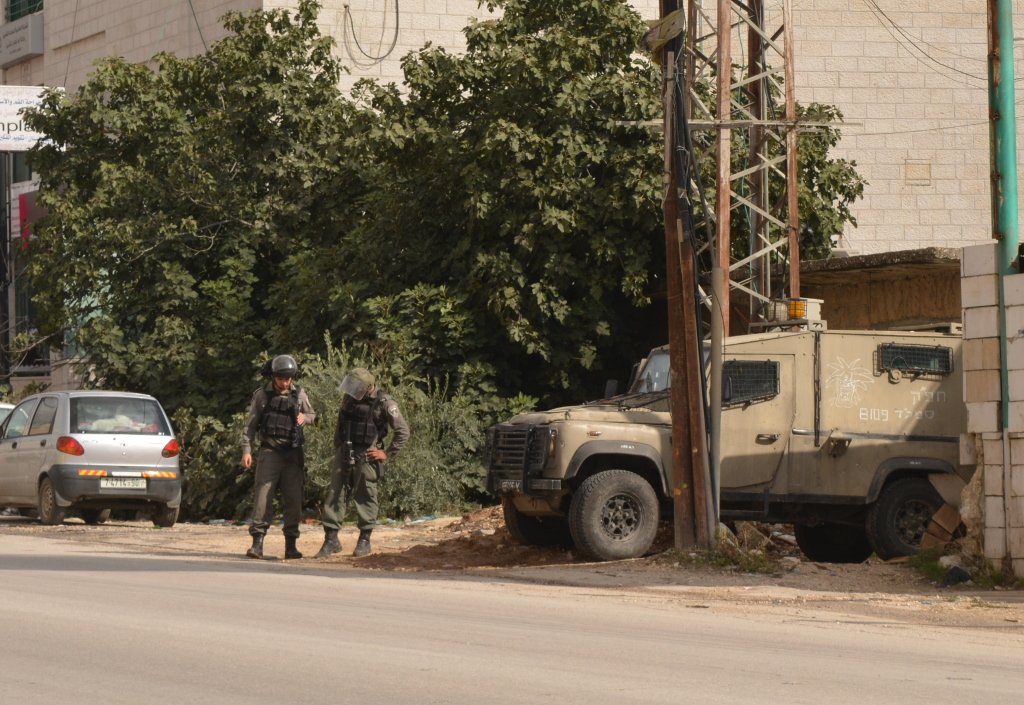Tag: Curfew
-
Military places curfew on Huwwara village, arrests two young men, and raids Palestinian homes
5th November 2014 | International Solidarity Movement, Nablus Team | Huwwara, Occupied Palestine On Friday the 31st of October, approximately 300 Israeli soldiers invaded the village of Huwwara, near Nablus. They fired tear gas canisters and stun grenades, seemingly in attempt to clear the streets of people, and declared the village to be a closed military…
-
Curfew imposed on Kifl Hares as settlers invade
21 December 2012 | International Solidarity Movement, Kifl Haris, Occupied Palestine At around 9.30pm last night several Israeli Army vehicles entered the village of Kifl Haris as they do many times every year. They immediately imposed a strict unannounced curfew. The Israeli military tell nobody this will happen, nobody can leave their homes, nobody is…
-
Settler Family Stabbed to Death; Troops Attack Northern West Bank Villages
12 March 2011 | Palestine News Network Five Israeli settlers from the same family were stabbed to death on Saturday at dawn in their homes located in the settlement of Itamar in northern West Bank. Israeli sources said that the five killed were the father, mother and three children aged 11, three and three-month old…

